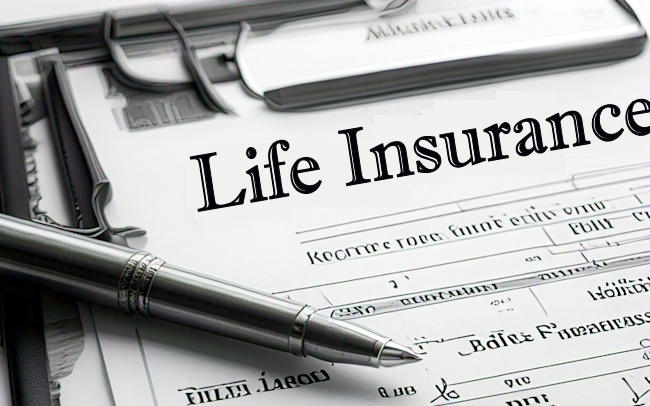Bundling is all the rage right now. Bundling your cable and Internet services, bundling your family’s cell service and even bundling your insurance policies. While it may make sense to bundle your cable package, can you really benefit from bundling your insurance policies? Here are advantages and disadvantages that you should be aware of before you make the leap:
1. Money Savings

Can you save money if you purchase your home and auto insurance policy from the same company? Maybe and maybe not. Some consumers have found that their insurance company is willing to give them a better price than stand-alone companies if they purchase all of their policies at once. Other consumers have found that they can find much cheaper auto insurance policies if they stick with their current company.
Before you assume that you’ll save money by bundling, do your research. Find out if the company that carries your homeowner’s policy can give you a better deal on your auto insurance along with them offering you a discount on your home insurance. Contact the company currently carrying your auto insurance and find out the same. If you won’t realize a cost savings, it makes no sense to bundle.
2. Deductibles
Some companies, like MetLife, allow consumers who carry multiple policies to only pay one deductible for the same event. For example, if your home and car are both damaged by a hurricane, you will only be responsible for paying your highest deductible to have all of your property repaired.
This means that if you carry $1,000 deductible on your home insurance policy and a $250 deductible on your auto insurance policy, you’ll only be responsible for the $1,000 to have both your home and car fixed. If you live in an area where tornadoes, hurricanes, and other major storms are common, this can be a great benefit. If, however, you live in an area where these disasters aren’t typical, this benefit may not make it worth bundling your insurance policies.
3. Add-Ons
Be careful of insurance companies that require add-ons in order to bundle policies. It’s not uncommon for insurance companies to offer discounts to consumers who carry multiple policies, but to require add-ons in order to recoup their costs. Examples of these add-ons may include jewelry and valuables coverage, rental car reimbursement or even roadside assistance. Before you attempt to bundle your insurance policies, make sure that there are no restrictions in place or additional purchases required to receive a discount. It doesn’t make good financial sense to purchase something that you don’t need in order to save a few dollars.
4. Price Shopping
One of the drawbacks to bundling is the resultant neglect by consumers to continue price shopping. Many consumers are lulled into a false sense of security once they bundle and fail to revisit their policies when it is time to renew. It makes good financial sense to shop around at least once a year to ensure that you are getting the best price on your insurance policies, no matter if they stand alone or are bundled with one company. While you may be getting a good deal initially, there’s always the chance that another company will be able to provide a steeper discount. If you do choose to bundle, don’t neglect to shop around once your policies are set to expire.
Before you consider bundling your insurance policies, it’s important that you conduct a fair amount of research. While some consumers have found bundling to be incredibly beneficial, others have not realized the same savings. Instead of speaking with your insurance agent, who has the interests of his or her employer in mind, you may be better off going through an insurance broker. These professionals have no relationship with a specific company and are often able to get you better deals than you can get for yourself.
Whether or not you choose to bundle your insurance policies is ultimately up to you. Before you make the move, however, it will pay to shop around and gather all of the information available.
- Car Insurance Savings That Most Drivers Overlook
- 2 Types of Mortgage Insurance
- Term vs. Whole Life Insurance – What Should You Choose?
Insurance Policy Resources:
- Health Policy Issues: An Economic Perspective
- Questions and Answers on Life Insurance: The Life Insurance Toolbook
- Insurance for Dummies
Amy Nielson is an avid blogger who writes often for insurance sites. You can follow her on Twitter @NielsonAmy.
Image courtesy of Cool Design, Xedos4 and digital art / FreeDigitalPhotos.net




